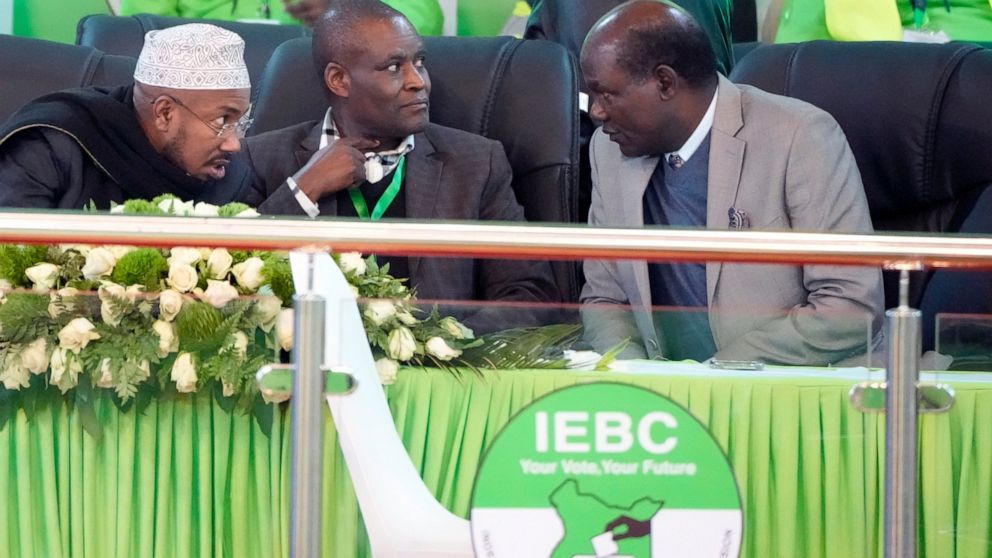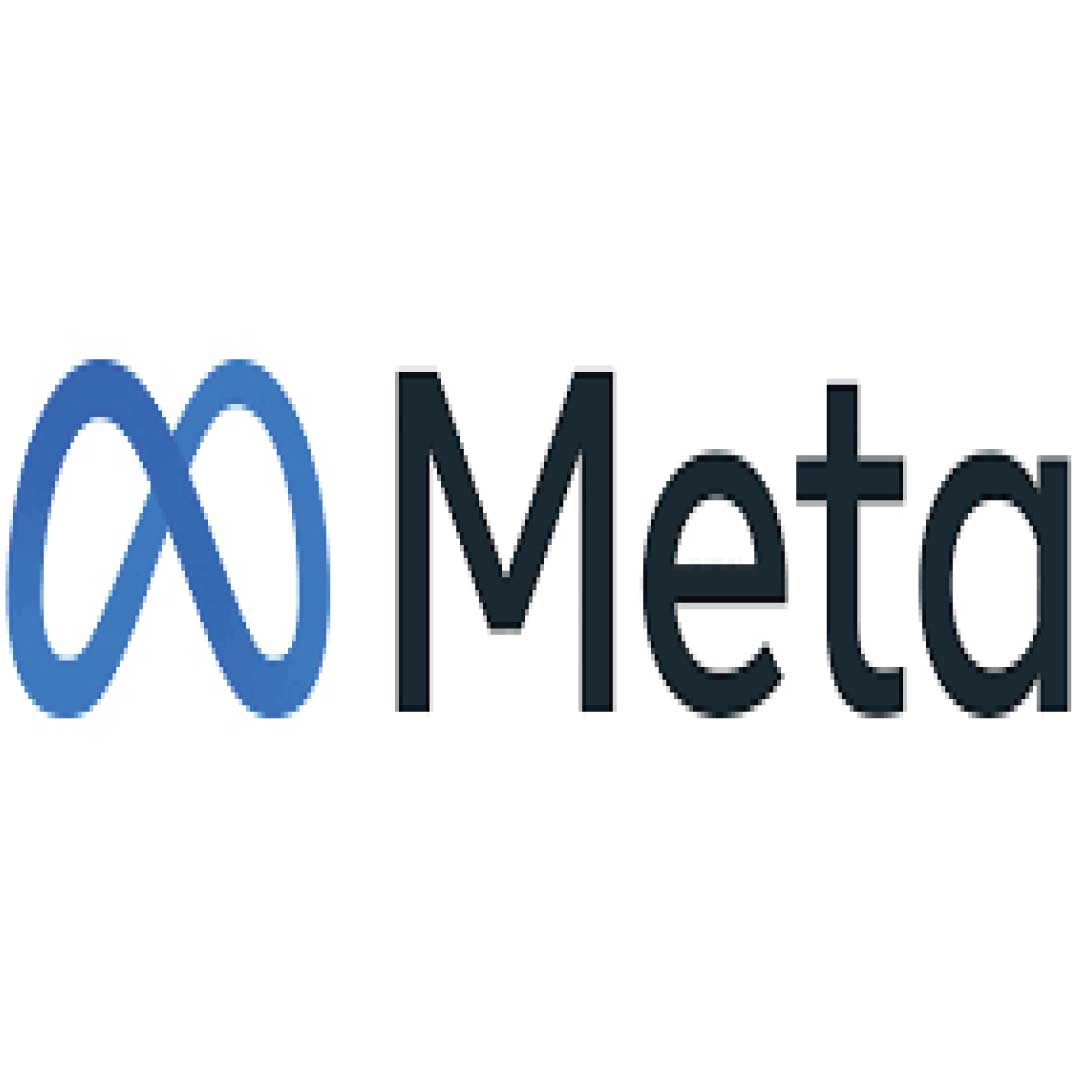South Africa’s Information Regulator is including Google and Elon Musk’s X in the recent general election probe initially involving Meta Platforms.
Pansy Tlakula, the chairperson of the regulator confirmed that the three companies refused to abide by requests for information made in terms of the Promotion of Access to Information Act (Paia).
She revealed that the companies refused on the assumption that Paia does not apply to them despite operating in the country.
“The complainant has requested access to the records relating to the classification of elections, risk assessments concerning South Africa’s electoral integrity and the application of global policies to local contexts within these three entities. The Regulator has accepted these complaints, and all three complaints are currently under investigation.”
Read also: South African e-commerce giant Takealot divests Superbalist
Meta platforms and Paia compliance
The Campaign for Free Expression (CFE), an advocacy group for free expression, requested that meta platforms comply with the Promotion of Access to Information Act (Paia). As a result, an inquiry into meta platforms was started.
The CFE has requested information about Meta’s election management measures to assure openness and assess whether Meta successfully handled election-related risks.
While Google is rumoured to have agreed to meet with the regulator to resolve the concerns, Meta and X have yet to make a comparable promise. Meanwhile, Meta declined the request, claiming it is not subject to South African law because it is a US-based corporation.
The watchdog said that settlement is the preferred method of resolving such disputes, although conciliation is also an alternative. A settlement is a direct agreement between the accused party and the regulator. However, if a resolution is impossible, the regulator will help arrange a mediation procedure involving both parties.
Read also: DR Congo stops $1.2 billion biometric ID system amid overpricing allegations
WhatsApp privacy policy investigation
This development is not new in South Africa. In January 2021, the agency also inquired whether WhatsApp’s updated privacy statement conformed with the 2013 Protection of Personal Information Act.
After conducting the inquiry, the Regulator discovered that WhatsApp applied different privacy rules and terms of service to users in Europe than in other regions, including South Africa.
It then sent an enforcement notice, rejecting WhatsApp’s claim that Paia does not apply to it since it is a social media network and ordering it to update its privacy policy by all of Popia’s requirements.


